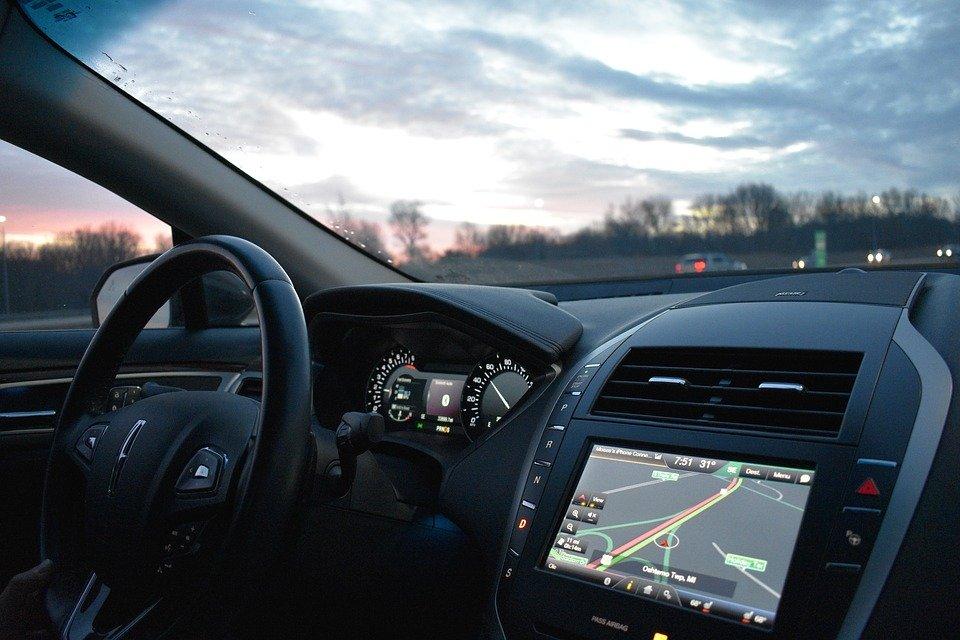Video evidence has come under intense public scrutiny lately as police dash cams have become the mainstay of attorneys seeking to prove criminality. But what about the advantages of having video evidence when you are involved in an automobile accident?

You have probably seen numerous recent examples of how video evidence can be used to document your case if you are involved in a serious auto crash. Consumer Reports champions dash cams, saying that they can be a type of silent witness during police stops and accidents. These devices can even be witness to fatal crashes where there are no human witnesses. The camera will be rolling regardless of whether a human is there to document it.
Accident Reconstruction
In complicated cases, car accident lawyers are often forced to reconstruct the scene of an accident. Especially in difficult cases such as pile-ups or accidents involving multiple motorists, proving fault can be extremely difficult. But video evidence is changing all that.
According to the Expert Institute, even images with low quality can be used to reinforce the findings of accident reconstruction. Quality may be lost unless the user has special software and this may be one hurdle the investigator may face but any video is better than no video, according to experts.
Is a Dash Cam Right for You?
As technology evolves, prices plummet, as is the case with most technology, for example smartphones. For just a couple of hundred dollars, you can record the highway in front of you or even stream live. Some more advanced cameras also allow you to record from multiple angles.
Human reaction time may be delayed in times of shock or stress, but that is not the case for your dash cam. It will collect evidence unencumbered and these videos can be used to support statements made by witnesses and show the other party was at fault.
The Drawbacks of Dash Cams
Despite all of their advantages, dash cams can be a double-edged sword. That’s because the very same piece of video used to prove the other driver liable could also be obtained by that same driver or their attorney to show that you are liable.
Say, for example, that you are using the video to prove that the driver behind you slammed into your rear-end. Yet that same video can be used to prove that you were distracted by your cell phone or that you were going at speeds above the limit. Even if your dash cam shows that the other driver was mainly responsible, your total compensation award could be reduced if it shows that you were doing anything wrong at the time the crash occurred.
Some argue that dash cams themselves are a distraction and in fact, they may not be legal in certain jurisdictions. You may also need permission from passengers before they are recorded so make sure you are following the letter of the law before you use this technology in a way that actually makes you more liable rather than less.
Generally speaking, dash cams are a dependable way for prosecutors to make negligent drivers pay. Your car accident lawyer will review the footage and determine how best to proceed depending on the video contents, the permissions obtained from those around you, and any extenuating circumstances.
As dash cams become more commonplace, they continue to prove their worth as a tool in protecting your rights and making sure you receive appropriate compensation when involved in a serious accident.








